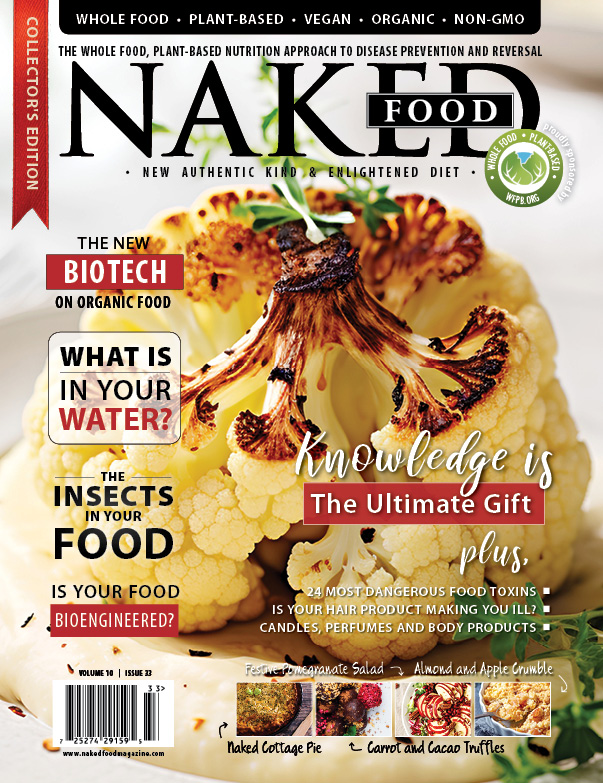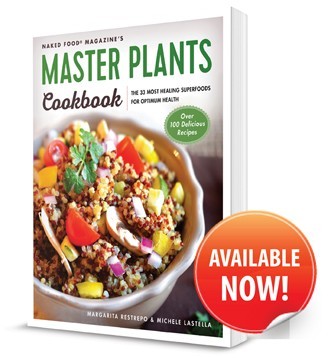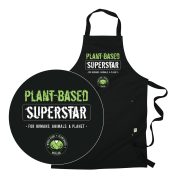Phytochemicals And Reversing Disease
Phytochemicals are natural compounds found in fruits and vegetables. They are substances that don’t fall within any other categories – they are not vitamins, proteins, carbohydrates, fats or minerals. Their properties help fight against cancer, regenerate loss organ function and rejuvenate skin.
Each type of fruit or vegetable may contain hundreds of phytochemicals. An orange alone for example, may contain 170 or more different phytochemicals.
Phytochemicals originated to help plants survive in an often hostile environment. When the Earth was young, there was very little free oxygen in the atmosphere. Plants, which take in carbon dioxide and release oxygen, eventually increased the oxygen composition. But by doing so, they polluted their own environment. To protect themselves from the highly reactive oxygen, plants developed antioxidant compounds, including phytochemicals. Today, thanks to these antioxidants, plants can survive and thrive in our oxygen-rich environment. Phytochemicals also protect plants against bacteria, fungi, viruses and cell damage.
The same phytochemicals that protect plants also help the humans who eat them. Experts know that phytochemicals have antioxidant properties, meaning that they protect against substances called “free radicals” which can damage healthy cells.
Where are the phytochemicals?
Most of them are located in the parts that people discard like stems, seeds, skins and rinds. Therefore, in most cases it is necessary to pulverize some of these skins and seeds in an attempt to keep the phytochemical benefits. Juicing is a poor attempt to trying to keep the best part of as the pulp ends contains the most nutritional part of the food, which is after thrown away. However, it may not make a difference sometimes even if you add some of this pulp to your juice. The smallest of seeds, like the tiny ones on the skin of a strawberry will not dissolve with a juicer.

Kiwi and its phytochemical filled white center. Kiwi detoxifies the kidneys, and it contains more Vitamin C than Oranges. (Photo courtesy of freedigitalphotos.com)
How do they help our body’s healing process?
The bottom line is Detoxification. Yes, detox in the blood cells. We are exposed to a great number of xenobiotics (chemical compounds like drugs, pesticides, or carcinogens) during the course of our lifetime, including a variety of pharmaceuticals and food components. However, our bodies are capable of detoxifying them. To accomplish this task, our bodies have evolved complex systems of detoxification enzymes.
These enzyme systems generally function adequately to minimize the potential of damage from xenobiotics. When the detoxification process is impaired the cells become damaged and therefore create diseases such as cancer, Parkinson’s, fibromyalgia, chronic fatigue and immune dysfunction syndromes. Accumulated data suggests an individual’s ability to remove toxins from the body is essential to avoid chronic conditions and diseases.
The detoxification process of a cell is made in two phases:
* Phase I: the enzymes involved here are called ‘activators’. They alter the chemical your body needs to remove, by adding single nitrogen or oxygen molecules. This very small change makes it easier for the next phase to proceed.
* Phase II: enzymes called ‘excretors’ now take over. They bind the altered chemical to a small substance called glutathione. This makes it possible for your body to remove the substance, as it becomes water soluble.
So guess what – Glutathione is one of the thousands of phytochemicals present in the foods we eat. It is actually the god of phytochemicals and this phase II of the detoxification process can only be made when the phytochemical is present. If it’s not, disease starts developing.
Phase II enzyme is critical to fighting cancer and other auto-immune disorders. The epidemic of autoimmune related diseases is due to the lack of phytochemicals. Supplying your body with a high phytochemical diet (even for a few weeks) will cleanse your blood and reverse or keep you away from disease.
The highest contents of Glutathione can be found in Asparagus. So how about planning your next meal with a delicious recipe for Asparagus? :)

























April 21, 2014
Hey there I am so happy I found your site, I really found you by error,
while I was searching on Bing for something else, Nonetheless
I am here now and would just like to say thank you for a tremendous
post and a all round enjoyable blog (I also love the theme/design), I don’t have
time to go through it all at the moment but I have saved it and also added in your RSS feeds,
so when I have time I will be back to read much more, Please do
keep up the superb work.
April 14, 2014
Hello, constantly i used to check webpage posts here early in the morning, since i
enjoy to learn more and more.
September 12, 2012
I have to show this to my friend :P We talk and bet about nutrients but he eats a lot of meat!!
July 31, 2012
I simply want to mention I am just new to blogs and really loved your web site. More than likely I’m want to bookmark your blog post . You surely come with amazing article content. Appreciate it for sharing your website page.
July 18, 2012
Hey there! Someone in my Facebook group shared this site with us so I came to check it out. I’m definitely enjoying the information. I’m bookmarking and will be tweeting this to my followers! Fantastic blog and fantastic style and design.
July 13, 2012
Very interesting information!Perfect just what I was searching for!
June 29, 2012
Have any recipes for supplying your body with a high phytochemical diet? We at Breast Cancer Yoga support a healthy & hopeful lifestyle!